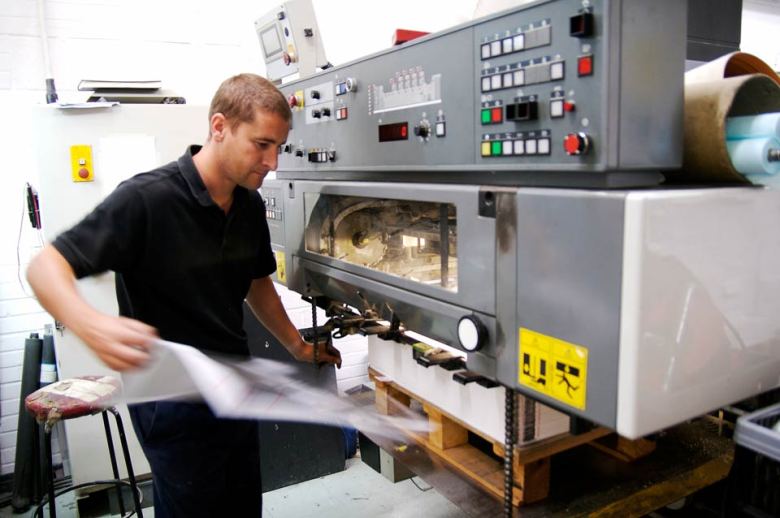
The PIAA is denouncing a landmark federal court decision to rule that a casual truck driver was entitled to annual leave, with fears for the ramifications for print.
In a case against his past employer, labour hire company, Workpac, the Federal Court ruled that Qld truck driver Paul Skene was entitled to be paid accrued annual leave because he worked regular hours for around two years, despite being paid casual loadings in lieu of those entitlements.
Workpac did not go on to challenge the ruling, missing the deadline last week for High Court action. Without the High Court weighing in, businesses and employer groups across industries are calling for more clarity on the issue and calling for changes to the Fair Work Act.
The PIAA says the decision has wide reaching consequences for its members who employ casual employees.
Walter Kuhn, president of the PIAA says, “The Court’s decision to allow an employee hired and paid as a casual access to paid annual leave will not just place at risk the employment arrangements of Australia’s casual employees, it will cost the economy billions of dollars in compliance and liabilities.
“The regulatory and legal implications of this decision are alarming. It is a king hit on the livelihoods of Australian employers and employees – in particular small businesses.
The Australian Industry Group (Ai Group) is also criticising the decision, saying that employers could face total potential cost impacts for annual leave between $5.7bn to $8bn, with there being around 1.6 million casuals out of 2.6 million in total, who work on a regular, ongoing basis.
[Related: Govt launches direct hotline for phoenixing]
Kuhn says, “Employers will have to work out urgently if they have to offer fewer casual jobs in case the work becomes too regular, creating unintended consequences and liabilities.
“Inflexible rules in most workplace awards mean casual employees, who might be deemed permanent because of the Court’s decision, may be locked into fixed hours. That means they lose out on being able to choose their shifts, change their hours or pick up extra hours when they become available.”
Innes Willox, chief executive, Ai Group says, “It is vital that Parliament acts quickly to protect businesses, employees and the community from the huge potential cost impacts of the Federal Court's decision in the WorkPac v Skene case.
“It would be very unfair to allow employees who have received a special loading as a casual to now be able to 'double-dip' by also claiming annual leave and redundancy entitlements. The significant potential costs involved could drive many businesses, small and large, into insolvency, leaving tax-payers to pick up the tab under the Fair Entitlements Legislation and trigger major job losses."
Kuhn says the decision will risk extra pay and flexibility for staff wanting casual employment.
He adds, “A casual employee under the award is paid a higher rate to make up for the fact that they don’t get permanent employee entitlements such as paid leave.”
John Georgantzakos, director of the PIAA says, “This decision has the potential to create billions of dollars in liabilities for Australian businesses, most of which are small businesses.
“How can it be fair that an employer can pay a higher casual rate in lieu of things like paid leave, follow the rules in their award or enterprise agreement – and then face penalties and have to pay again for leave? To a lot of people, it looks like double-dipping.
“People running small businesses have told me this could send them to the wall and that means thousands of people could lose their jobs.
“What’s more if businesses are bankrupted and employees laid off, the existing Government guarantee of termination entitlements will see taxpayers foot the bill.
“This highlights yet again how our workplace relations laws are poorly designed for the job they need to do. Parliament urgently needs to change the Fair Work Act so it’s clear people employed and paid as casual employees, are casual employees. Employers and employees need to have certainty and confidence about their futures.”
Comment below to have your say on this story.
If you have a news story or tip-off, get in touch at editorial@sprinter.com.au.
Sign up to the Sprinter newsletter
